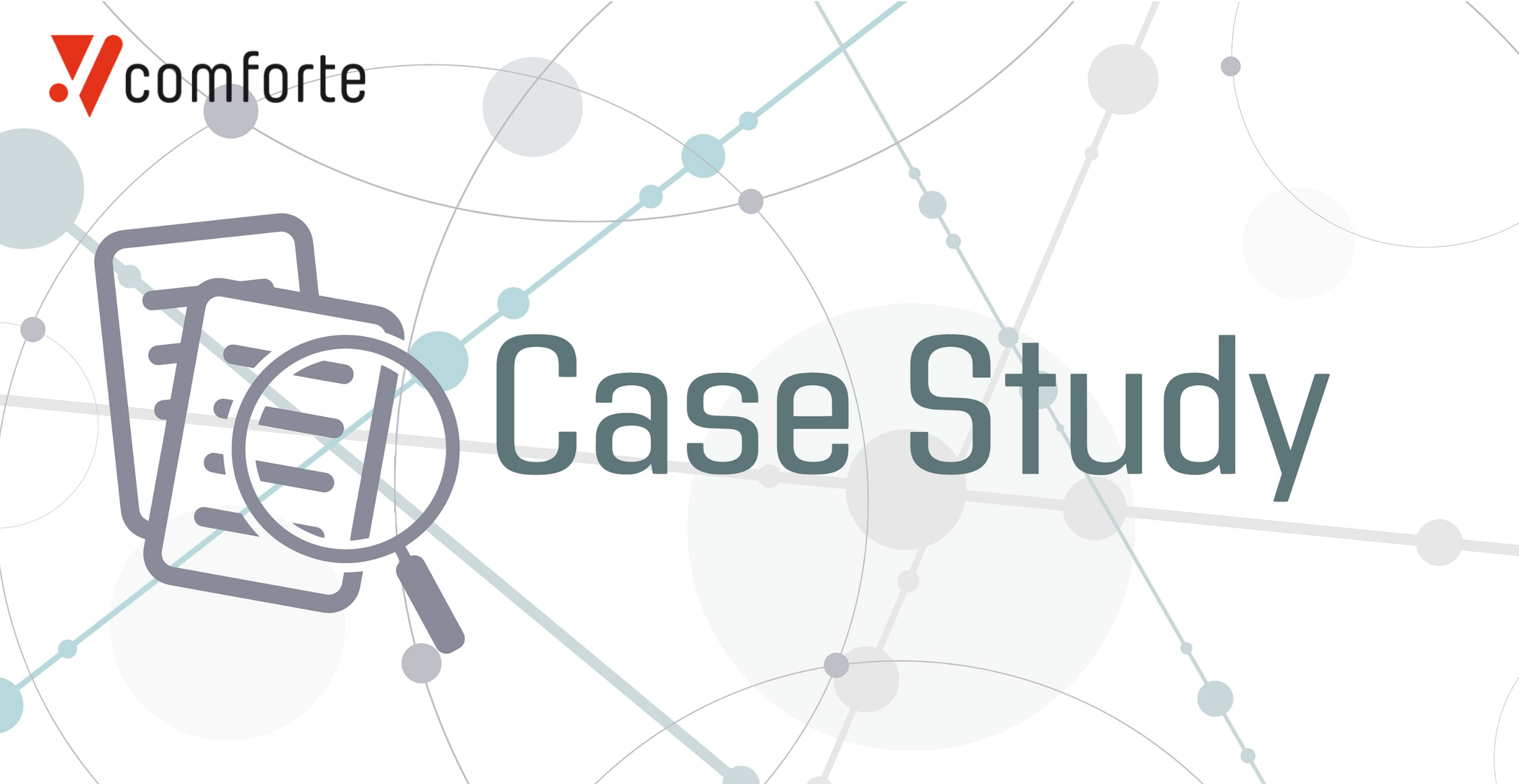The global financial services sector (FSI) is worth tens of trillions of dollars, or around a quarter of the world economy. Unsurprisingly, that also makes it a provider of some of Europe and America’s most critical national infrastructure. Given the services it offers, the data it holds and the access to customer funds it provides, it’s easy to understand why the industry has become a popular target for threat actors. In this context, cybersecurity is vitally important for FSI companies to better manage the business risks associated with serious security breaches.
But cyber should also be viewed through a different lens: as a potential springboard to client acquisition, talent retention and data-driven insight. In short, security can be an outstanding business enabler for FSI firms.
FSI under fire
It’s been a bumpy few years for the sector. Following two years of pandemic-era uncertainty, FSI firms are scrambling to deal with strong economic headwinds and geopolitical uncertainty. Rising inflation has put pressure on banks’ cost-to-income ratio, while surging interest rates continue to ramp up credit losses and a decline in asset values.
At the same time, FSI businesses continue to be targeted by state-sponsored and, most typically, financially motivated threat actors. By one estimate US financial services firms alone suffered 2,260 data breaches impacting over 232 million records between 2018 and 2023. In this context, it’s easy to see why cybersecurity is viewed by IT and business leaders in the sector as a defensive measure to keep the bad guys and bay and prevent damaging breaches. But the truth is that it can be much more than this.
Springboard to success
It’s time to frame cyber and data-centric security not just as a way to mitigate risk but also as a driver of business growth. According to one report, more than three-quarters (77%) of global FSI business leaders say prospects and suppliers have asked about their security posture prior to signing a contract. Even more (85%) think that poor security could impact their ability to win new business, with a quarter claiming it already has. This is an important proof point: security investment is also an investment in potential client acquisition and growth.
The same is true of FSI firms’ ability to recruit and retain the brightest and best talent. The fortunes of any organization ultimately depend on the people who work there. So it’s interesting to hear FSI executives say that the ability to work from home will be critical to attracting the most talented new hires. But home or hybrid working can only function effectively if the organization is assured that the devices they use and the data they access and manage is kept secure. Not only does cybersecurity need to work, but it needs to do so without getting in the way of productivity. The same report reveals that a quarter of organizations have suffered a breach or outage which directly impacted productivity.
Finally, FSI businesses, like their peers across multiple verticals, are looking to cloud-driven data analytics to help them improve customer experiences and become more efficient. Banks use the output of intelligent algorithms to drive everything from improved fraud prevention to discovering new markets. That means they need ways to use it that don’t impact strict compliance and security requirements.
Data-centric security
This all points to an undeniable truth for FSI firms: data-centric security can help to grow customer numbers, create a seamless working environment to attract talent, and unlock the power of data-driven insight. The key is finding the right security partner. Any solution must deliver:
- Data protection across all corners of the enterprise, including cloud systems used to support the mobile workforce
- Options for data security like tokenization, which can ensure data is protected from a compliance perspective but can still be used for analytics
- Continuous discovery, classification and protection, no matter where the data flows or how radically the enterprise environment changes
This is the value of comforte’s Data Security Platform.






